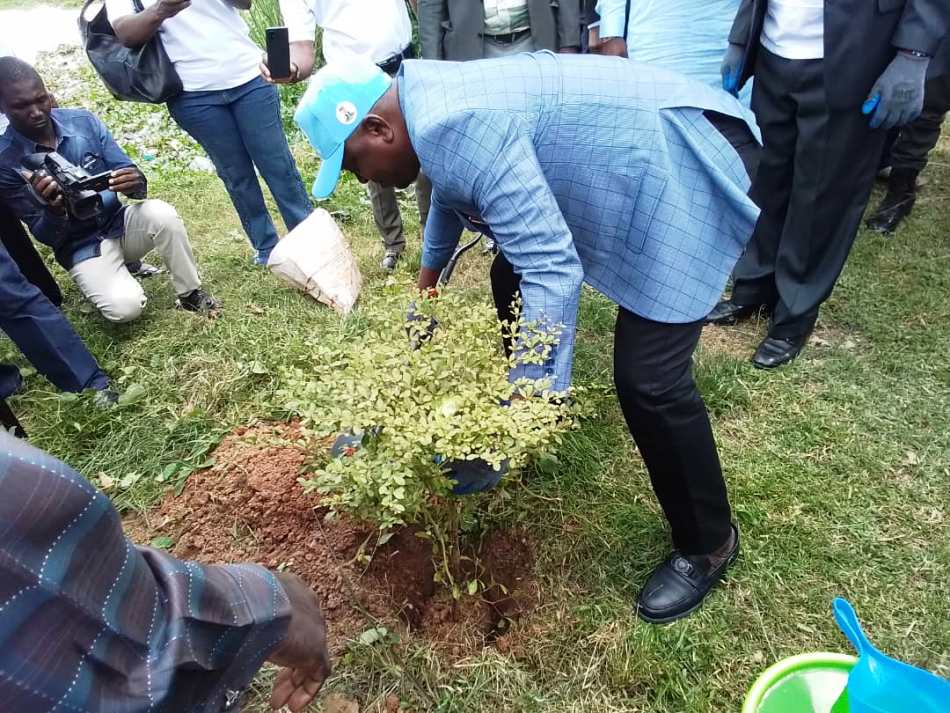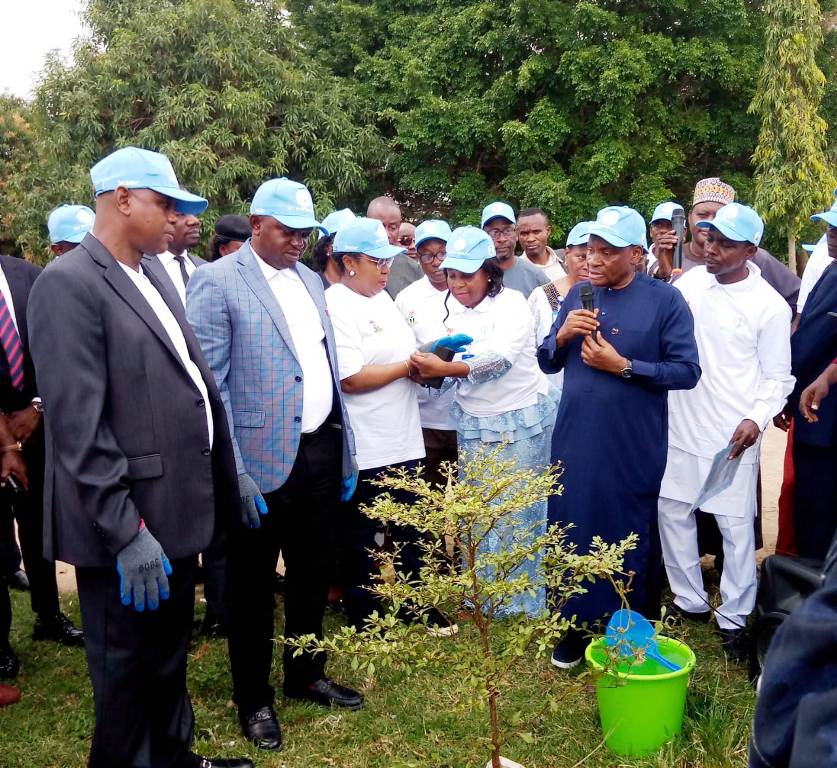The Chairman, Lagos Chambers of Commerce and Industry (LCCI), Agric and Agro Allied Group, Kola Aderibigbe, is the Managing Director of KSP Shipping & Logistics Limited and KSP Farms Limited. In this interview with Oludele Taiwo, he speaks on agricultural-related issues, what needs to be done to encourage value addition and ensure food sufficiency, among other salient issues. Excerpts:

Mr. Kola Aderibigbe.
The President, in one of his earlier broadcast, has said that he will support all year round farming which a lot of stakeholders like you have been clamoring for; do you think our river basins are up to the task of fully irrigating the system?
It is true that we can no longer depend on rain fed agriculture to feed our population. Apart from the Northern parts of the country, where we have the irrigation working effectively, what we have in the Western and the Eastern parts of the country has been individual efforts. I quite commend the effort that have been made so far in the Northern part and in the Middle Belt as well, where they have river basins. It is good they are supporting, but we can still do better. It is achievable, we can do all-year-round farming. We need to work in clusters, we cannot work in silos, when we have a cluster of farmers in a particular environment such can be provided. There are river basins, there is no where you will get to that you will not see one small river or the other, something like that can be enhanced to supply irrigation to other areas. Don’t forget with all these things we need electricity, so let it go hand in hand; electricity, water and transportation, they are all encompassing to achieve this objective that has been set for food sufficiency.

Talking about the Commodities Exchange Board that the President made mention of, as a stakeholder, how will you want this to be structured, private sector driven or public sector driven?
It should be segmented, we have cocoa, that should still come, cashew board, groundnut board, cassava board, we can have them in clusters like that, all those commodities need to be there and their duties well spelt out, without government intervention. When we have government intervention that is why we have that problem, that is when favouritism comes in, nepotism, tribalism, and corruption sets in, so this thing should be private driven.
We have to choose the right set of people to be members of the board, we should have square peg in square hole.
I can tell you that foreigners have taken over majority of our commodities in this country. The only one I have seen though it is still struggling, is cashew where we have predominantly Nigerians. We are not saying foreigners should not come to Nigeria, they are needed, they are investors, they provide employment opportunities, but are they retaining most of the food here, if they are to repatriate how much are they repatriating? Are they paying their taxes well, what is their corporate social responsibility, all those things are very important, but when you have a commodity board that means there is a regulator and it would be better.

Nigeria is said to be a net food importer, how can we change this tide, to ensure that we have enough and we also export?
One of the best ways to get it done is to get everybody encouraged into farming. We have many youths in this world, we have many youths in Nigeria and in West Africa, but the participation of the youths is not enough, they need to be encouraged. What they want is to use their phones to do all these things, how do we apply technology to the agriculture sector, we need to work with the ministry of technology and innovation, how do we use technology to promote agriculture, so we need to work together and with that, if many people are involved and we encourage investors, the better for us as a nation. We need to encourage investors through tax holiday, let there be tax holiday for some time. For instance, say in the next three or four years, believe you me, we will plunge that money back into the production of agriculture produce and with that we can have sufficient of food. Let’s make agriculture tax free for a number of years, investors come in, foreign and local investors, but your product must be sold in Nigeria; you must employ XYZ number of people. Also, the people that have been there like us, let there be tax free. For us to have sufficiency of food and to be able to export out of Nigeria, there must be conducive environment.
A lot of our produce here are exported raw without much value addition, what would you advise the government to do in this regards, so as to encourage value addition before export?
We need enabling environment, if the environment is sufficient enough and there are right equipment, we will do it. We have to be technologically and industrially-driven and let us revive all our industries. The enabling environment must be there if we are to promote value addition. There must be good electricity where factories and industries will be established so that there won’t be need for us to spend more money on generators. People need to be encouraged to do value addition. When there are various government incentives and various technologies for us to practice this, value addition will surface. Like what Julius Berger (construction company) is doing here is fantastic, they are planting hectares of cashew and also processing, that is what we need. Julius Berger has seen the lacuna and tap into it, we need other people to come into that, let there be value addition instead of selling the produce raw.



